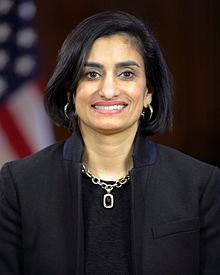SNAP Asks PA Congressional Delegation to Help Preserve Federal COVID-19 Aid for Hospitals
Protect the COVID-19 aid the federal government has given to Pennsylvania safety-net hospitals and others, SNAP has asked in a letter to members of Pennsylvania’s congressional delegation.
 The letter refers to changes in how the federal Department of Health and Human Services wants hospitals to calculate the revenue they lost as a result of COVID-19 – the justification in part for the Provider Relief Fund payments hospitals have received through the CARES Act. In June, HHS told hospitals how to make that calculation but late last month it changed those directions in ways that could force many Pennsylvania safety-net hospitals to return some or even much of the federal aid they received.
The letter refers to changes in how the federal Department of Health and Human Services wants hospitals to calculate the revenue they lost as a result of COVID-19 – the justification in part for the Provider Relief Fund payments hospitals have received through the CARES Act. In June, HHS told hospitals how to make that calculation but late last month it changed those directions in ways that could force many Pennsylvania safety-net hospitals to return some or even much of the federal aid they received.
In the letter, SNAP asks members of Pennsylvania’s congressional delegation to join a bipartisan letter asking HHS Secretary Alex Azar to restore the June instructions for calculating COVID-19-related lost hospital revenue.
Go here to read SNAP’s message to Congress.
 Such a shift would be especially challenging for Pennsylvania safety-net hospitals because they already serve higher proportions of Medicaid and uninsured patients than the typical community hospital.
Such a shift would be especially challenging for Pennsylvania safety-net hospitals because they already serve higher proportions of Medicaid and uninsured patients than the typical community hospital. In a tweet earlier this week, Centers for Medicare & Medicaid Services Administrator Seema Verma wrote that
In a tweet earlier this week, Centers for Medicare & Medicaid Services Administrator Seema Verma wrote that According to the study,
According to the study, Department of Health – by the numbers
Department of Health – by the numbers CMS has published a
CMS has published a